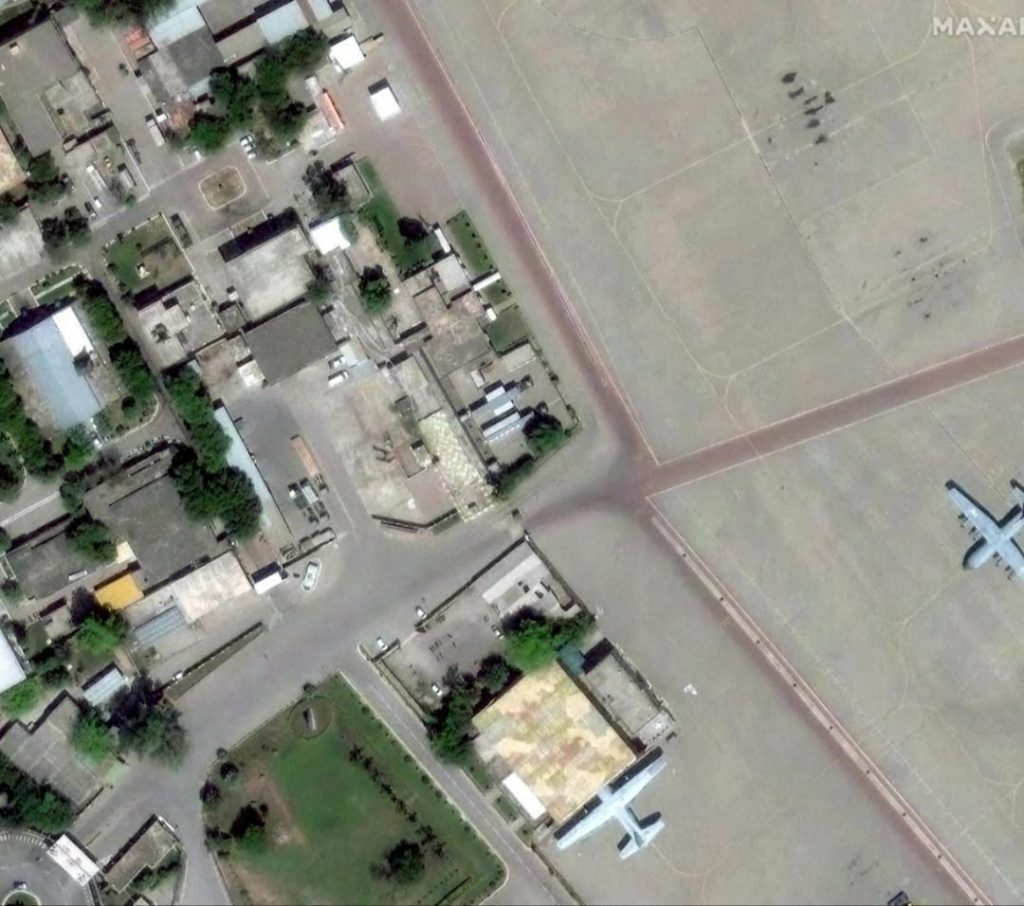
Air Defence Systems of China & Pak No Match for India’s BrahMos: Expert
In a recent development that has sent shockwaves across the global military landscape, an American urban warfare expert has stated that the air defence systems of China and Pakistan are no match for India’s BrahMos missile. Colonel (Retd) John Spencer, a renowned expert in urban warfare, made this statement while commenting on India’s recent Operation Sindoor, where the country used BrahMos missiles to precision-strike Pakistan’s air bases.
The BrahMos missile, a joint venture between India and Russia, is a supersonic cruise missile that has been a game-changer for India’s military capabilities. With a speed of Mach 2.8 (around 2,000 km per hour), BrahMos is capable of penetrating even the most advanced air defence systems, making it a formidable weapon in the hands of the Indian military.
Colonel Spencer’s statement is a significant one, coming from an expert who has extensive experience in urban warfare. His assessment is based on his analysis of the BrahMos missile’s capabilities and the air defence systems of China and Pakistan.
“Chinese air defence systems and missiles are sub-par vis-à-vis India’s systems…India’s message was clear. It can hit anywhere in Pakistan anytime,” Colonel Spencer stated.
The BrahMos missile has been a subject of interest for military experts and strategists around the world. Its capability to penetrate even the most advanced air defence systems makes it a valuable asset for any military force. The missile’s speed and accuracy also make it an effective weapon for precision strikes, allowing Indian forces to target specific enemy installations and assets without causing collateral damage.
Operation Sindoor, which was conducted by the Indian Air Force (IAF) in recent months, was a demonstration of the BrahMos missile’s capabilities. The operation involved the use of BrahMos missiles to precision-strike Pakistan’s air bases, causing significant damage to the enemy’s military infrastructure.
Colonel Spencer’s statement is a significant endorsement of India’s military capabilities, and it has sent a strong message to China and Pakistan. The two countries have been engaged in a long-standing rivalry with India, and their military capabilities have been a subject of interest for military experts and strategists.
China, in particular, has been rapidly expanding its military capabilities, including its air defence systems. The country has developed a range of advanced air defence systems, including the S-400 surface-to-air missile system, which is considered to be one of the most advanced air defence systems in the world.
However, Colonel Spencer’s statement suggests that even the S-400 system is no match for the BrahMos missile. The S-400 system has a range of around 400 km, which is significantly shorter than the range of the BrahMos missile. Additionally, the S-400 system is designed to engage targets at high altitudes, whereas the BrahMos missile is designed to engage targets at low altitudes.
Pakistan, on the other hand, has been relying on Chinese military equipment to modernize its military capabilities. The country has acquired a range of Chinese military systems, including the FC-1 fighter jet and the F-22P frigate. However, Colonel Spencer’s statement suggests that even these systems are no match for the BrahMos missile.
In conclusion, Colonel John Spencer’s statement is a significant endorsement of India’s military capabilities. The BrahMos missile has proven to be a game-changer for India’s military, and its capabilities have sent a strong message to China and Pakistan. The missile’s speed, accuracy, and range make it an effective weapon for precision strikes, allowing Indian forces to target specific enemy installations and assets without causing collateral damage.
Source:



